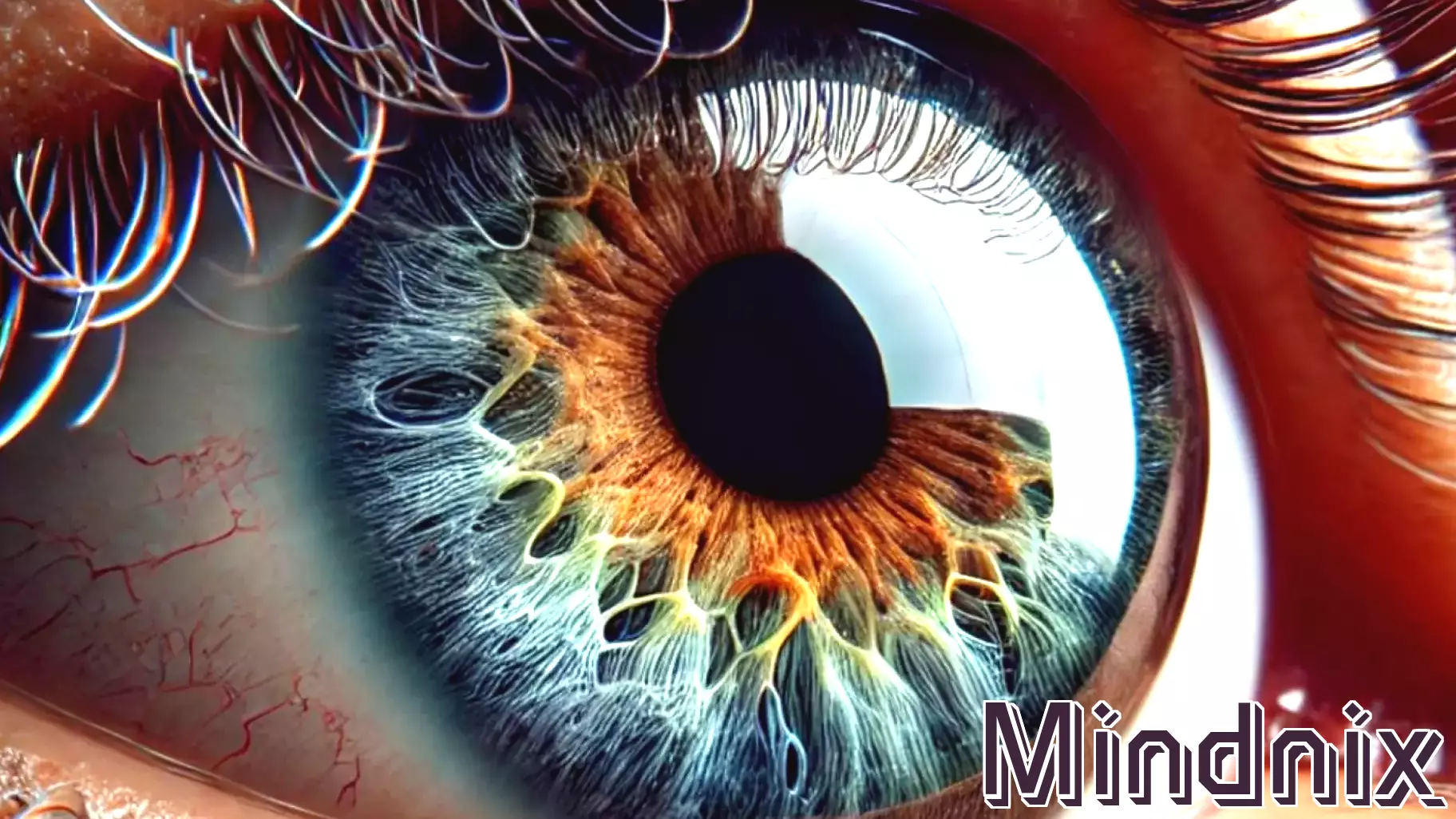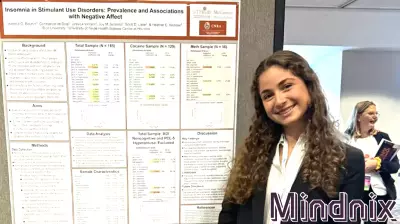The Subtle Dance of Eye Contact in Conversation
March 20, 2025 - 21:41

When engaging in conversation, the dynamics of eye contact play a crucial role in communication. Striking the right balance is essential; too much eye contact can create discomfort, while too little may signal disinterest or disengagement. Research suggests that our eyes serve multiple functions during interactions, from expressing emotions to regulating the flow of conversation.
During dialogue, individuals often unconsciously adjust their gaze to signal attentiveness and understanding. Maintaining eye contact can foster a sense of connection and trust, encouraging openness between speakers. However, prolonged staring can lead to feelings of intimidation or unease.
Interestingly, the context of the conversation influences eye contact patterns. In casual settings, people may maintain more eye contact, while in formal situations, they might glance away more frequently. Ultimately, the effectiveness of communication hinges on this delicate balance, highlighting the importance of non-verbal cues in human interaction. Understanding these nuances can enhance our conversational skills and improve our relationships.
MORE NEWS

February 25, 2026 - 00:30
Rewired: How the Digital World Reshapes the Human BrainThe impact of our digital lives on the brain is a complex tapestry, not a simple story of harm or benefit. Emerging perspectives suggest that digital engagement, particularly among the young,...

February 24, 2026 - 00:52
Day in the life: Health sciences senior follows research toward clinical psychologyIsabella Bourtin, a health sciences senior, exemplifies the determined focus required to navigate a significant academic shift. Once firmly on the pre-med track, she has successfully pivoted her...

February 23, 2026 - 01:31
Toxic People Makes Us Age FasterThe emotional toll of difficult relationships is well-documented, but new research indicates the damage may be more than skin deep, potentially accelerating the biological aging process. A recent...

February 22, 2026 - 01:17
From Psychology to the Runway, Purpose Takes Center StageFor Lisa Jacovsky, a recent runway appearance during New York Fashion Week was far more than a fashion statement. Recognized as a `Queen of Impact` on the catwalk, the moment served as a powerful,...